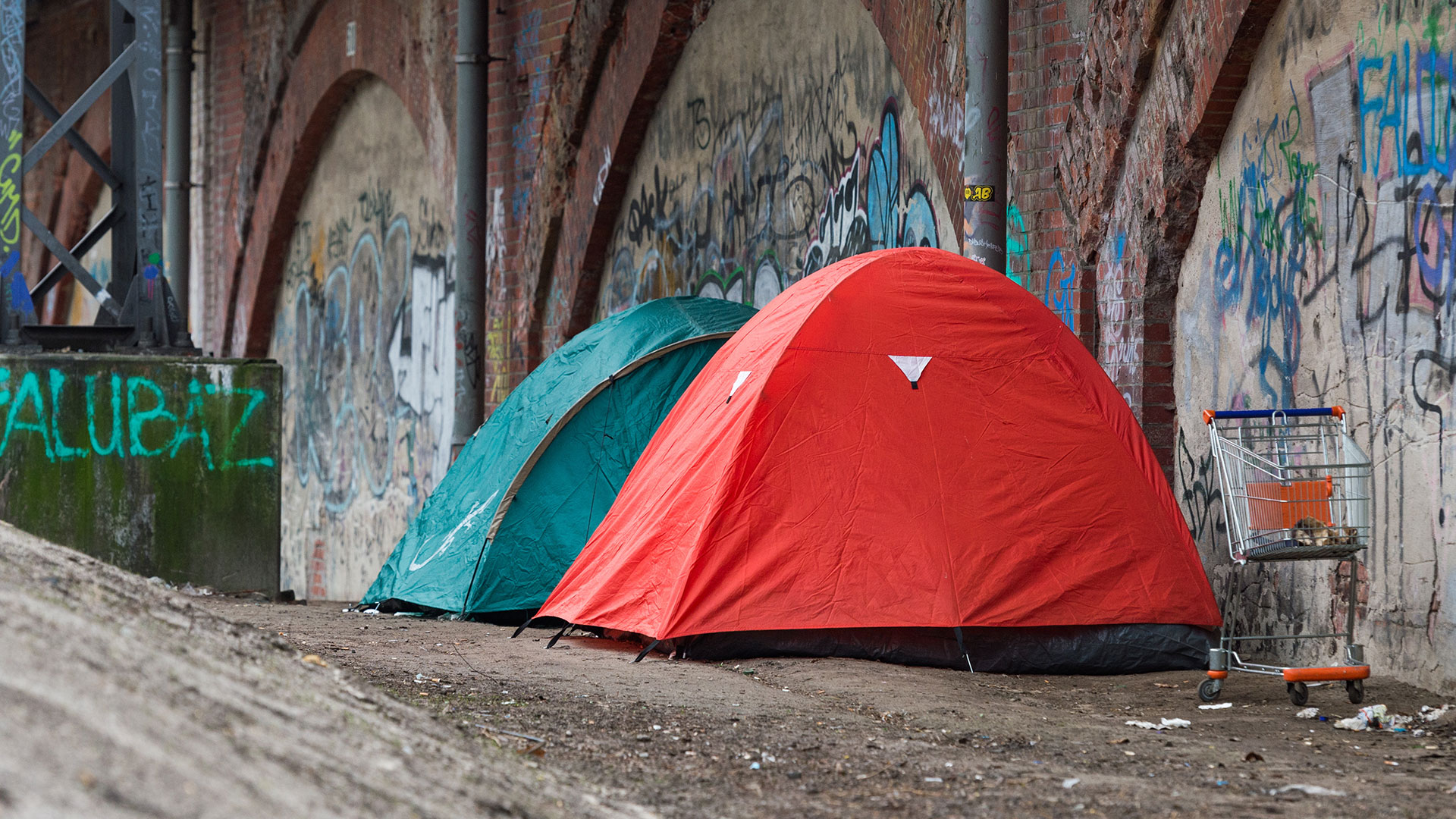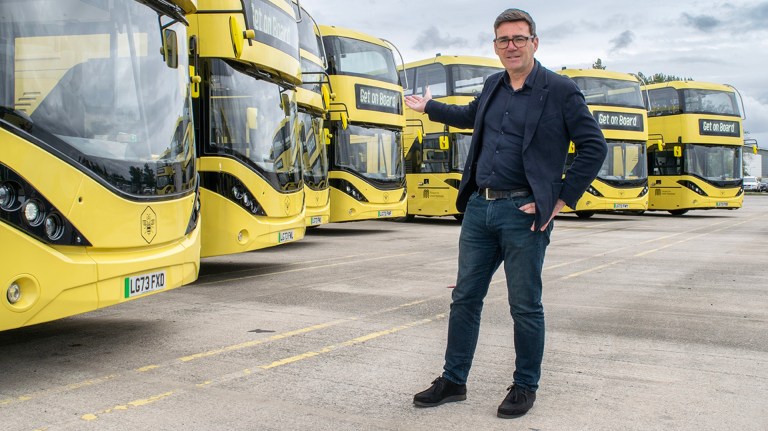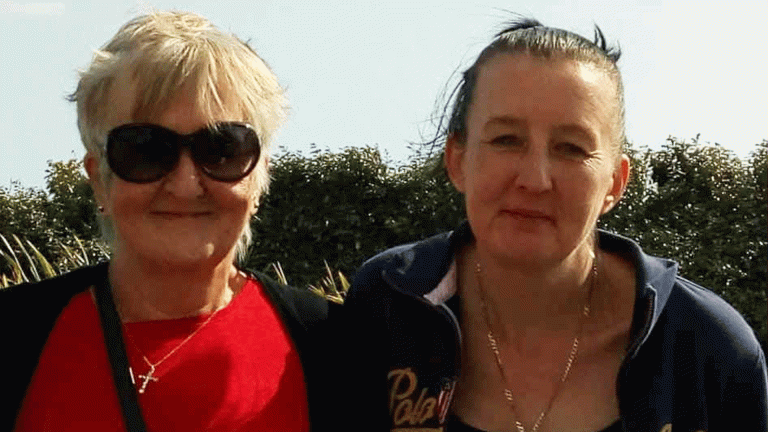The Housing, Communities and Local Government Committee chair Clive Betts said: “We must praise the efforts of all those who have done so much to help take people of the streets during the current health emergency, but what happens next is crucial.
“It is simply not good enough for anyone to leave temporary accommodation and end up back on the streets. This isn’t just about protecting vulnerable people from Covid-19.
“For the first time in over a decade, rough sleepers have been comprehensively taken off the streets and given accommodation. This must become the new norm.”
The committee has also identified the difficulties in the private rented sector as another challenge for the Government to face to prevent renters from slipping into arrears and facing eviction once the current ban ends. Judges should have discretionary powers for the next 12 months when dealing with tenants who find themselves in trouble due to Covid-19 while the touted Section 21 “no-fault evictions” abolition should go ahead, they recommend.
And Local Housing Allowance rates should be set at a level that reflects real market rents to help hard-up tenants meet their monthly payments and to avoid a “cliff edge of evictions” after the pandemic.
Betts added: “In our interim report we have set out what the Government will need to do immediately in terms of funding, policy and legislation. There can be no question that we have to ensure no one is forced to live on the streets, we now expect the Government to put this achievable goal into long-term reality. We will continue our inquiry to explore how to deal with other long-term issues, such as the crucial issue of rent arrears.”
Advertising helps fund Big Issue’s mission to end poverty
The Big Issue has been quizzing the Government on their plans to prevent rough sleeping once their Everybody In initiative ends.
Crossbench peer and Big Issue founder Lord Bird is doing the same in the House of Lords.
He said: “The Government has done a great job of getting rough sleepers off the streets, out of danger and into hotels and hostels. However, If ministers wants to build on their good work removing rough sleepers from the streets during the lockdown, it’s essential that they fund a long-term exit plan from the streets to avoid a preventable surge in homelessness.
“If we’re serious about ensuring that people don’t return to the street-dwelling and if we want to prevent that ever-looming tsunami of potentially hundreds of thousands of renters being turfed out of their homes, post-crisis, the Government needs act swiftly and decisively.
“The Government needs to ensure that councils have the funds they need to prevent homelessness, that Universal Credit actually covers average rents, and that there is investment in a UK-wide sociable housing programme, creating the homes, jobs and growth in local communities; places that people feel proud to call home.”
Advertising helps fund Big Issue’s mission to end poverty
An MHCLG spokesperson said: “This Government is committed to ending rough sleeping. Councils should be proud of their efforts to get rough sleepers off the street – support from central Government has ensured 90 per cent of rough sleepers known to councils at the start of the pandemic have been offered accommodation.
“We’ve been clear councils must continue to provide safe accommodation — backed by an unprecedented £3.2 billion package of government support.
“Our new rough sleeping taskforce — spearheaded by Dame Louise Casey — has one overriding objective: to ensure that as many people as possible who have been brought in off the streets in this pandemic do not return to the streets. It will work closely with councils and charities to give the long-term support they need to rebuild their lives and move into stable, long term accommodation.
“We also introduced significant measures to protect tenants from eviction during this pandemic. We will keep these measures under review as the public health situation changes.”
Image: Kumar Sriskandan / Alamy Stock Photo






